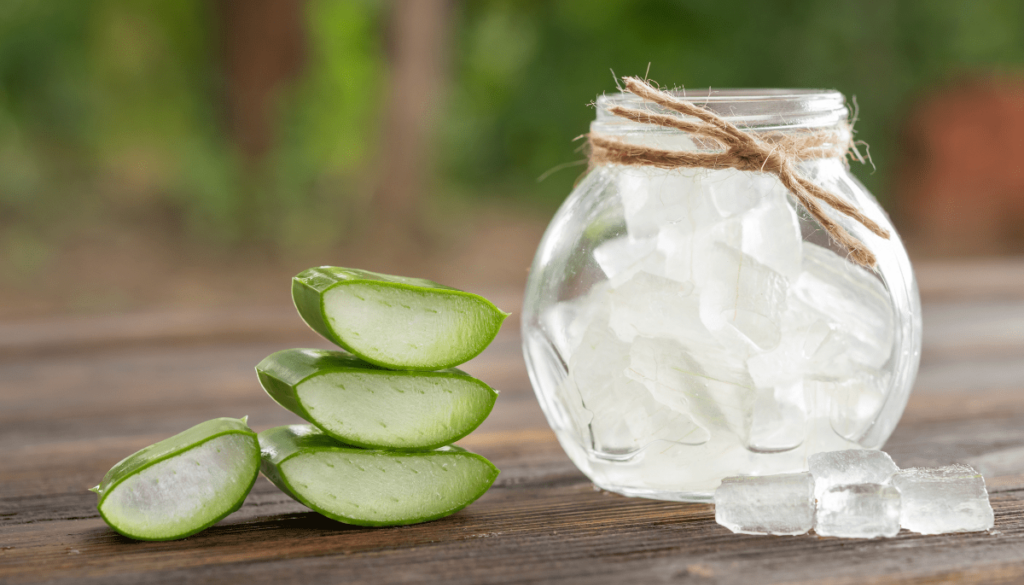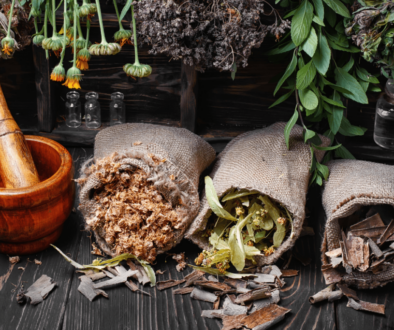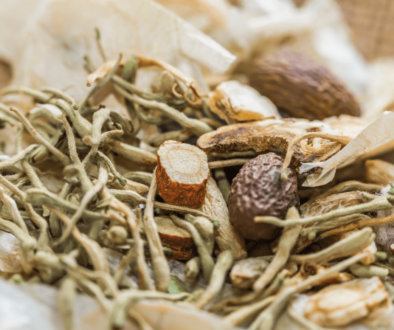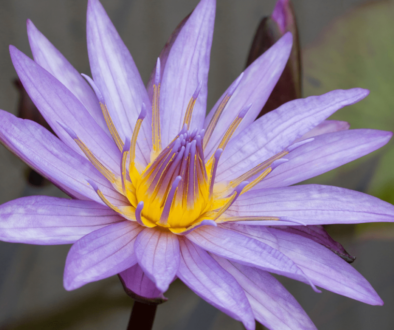Miracle Herbs for Eczema: Your Path to Clear Skin
Eczema, a chronic and often frustrating skin condition, affects millions worldwide, causing intense itching, redness, and inflammation. Managing eczema can be challenging, as flare-ups are usually unpredictable and may require long-term care.
While conventional treatments like topical steroids and moisturisers are commonly prescribed, they may not work for everyone and sometimes come with side effects. As a result, many people are exploring natural remedies, including herbs, to find gentle yet effective ways to relieve their symptoms.
Herbal remedies have been used for centuries to promote skin health, reduce inflammation, and ease discomfort. Certain herbs contain compounds that not only soothe the skin but also help strengthen the skin’s natural barrier, potentially reducing the frequency of eczema outbreaks.
Understanding Eczema
Eczema is a type of dermatitis, a general term for skin inflammation. It can affect people of all ages but is most common in children. Eczema can be very itchy, and scratching can lead to further skin damage and infection.
Symptoms of Eczema
The symptoms of eczema can vary depending on the severity of the condition. Common symptoms include:
- Itchy, red, and inflamed skin
- Dry, cracked, or scaly skin
- Blisters or sores
- Thickened skin
Causes of Eczema
The exact cause of eczema is unknown, but it is believed to be a combination of genetic and environmental factors. Some factors that can trigger eczema include:
- Allergens: Exposure to pollen, pet dander, and dust mites can trigger eczema.
- Irritants: Exposure to irritants such as soaps, detergents, and chemicals can irritate the skin and worsen eczema.
- Stress: Stress can worsen eczema symptoms.
- Dry skin: Dry skin is more prone to eczema.
Prevention of Eczema
While there is no cure for eczema, there are some things you can do to help prevent flare-ups:
- Identify and avoid triggers: Keep a diary to track your triggers and take steps to prevent them.
- Moisturise your skin regularly: Use a gentle, fragrance-free moisturiser to hydrate your skin.
- Take lukewarm baths or showers: Hot water can dry your skin, so stick to lukewarm water.
- Wear loose-fitting clothing: Tight clothing can irritate your skin.
- Manage stress: Stress can worsen eczema, so find healthy ways to manage stress, such as meditation or yoga.
Herbal Remedies for Eczema
Several herbs have been traditionally used to soothe eczema symptoms, reduce inflammation, and promote skin healing. Here are some of the most effective:
Calendula: Calendula is a powerful anti-inflammatory herb that can help soothe irritated skin and reduce redness. It can be applied topically as a cream or ointment.
Chamomile: Chamomile is a gentle herb that can help soothe inflammation and itching. It can be used topically or taken internally as a tea.


Licorice Root: Licorice root has anti-inflammatory and anti-itch properties. It can be applied topically or taken internally as a supplement.
Oatmeal: Oatmeal is a soothing and moisturising ingredient that can help relieve itchy skin. It can be used in baths or as a topical treatment.
Aloe Vera: Aloe vera is a popular remedy for skin conditions. Its anti-inflammatory and moisturising properties can help soothe eczema.
How to Use Herbs for Eczema
Herbs can be used topically or internally to treat eczema. Here are some tips for using herbs to treat eczema:
- Topical Application: Herbs can be applied topically as creams, ointments, or compresses. You can purchase pre-made herbal products or make your own at home.
- Internal Use: Some herbs can be taken internally as teas, tinctures, or capsules. However, consulting with a healthcare professional before taking any herbs internally is essential.
Important Considerations
- Consult Your Doctor: Before using any herbal remedies, it’s essential to consult with a doctor, especially if you have any underlying health conditions or are taking any medications.
- Allergic Reactions: Some people may be allergic to certain herbs. If you experience any adverse reactions, stop using the herb and consult your doctor.
- Patch Test: Before applying a new herbal remedy to a large skin area, it’s a good idea to do a patch test to check for allergic reactions.

Herbs can be a valuable addition to your eczema management toolkit, offering natural relief from itching, inflammation, and other uncomfortable symptoms. While they aren’t a standalone cure, herbs like calendula, chamomile, and liquorice root have been shown to provide soothing effects that can make a noticeable difference in the daily lives of eczema sufferers. Alongside lifestyle adjustments and a proper skincare routine, herbal remedies may offer a gentle, sustainable way to improve skin health and reduce flare-ups.
It’s essential to approach herbal remedies thoughtfully, starting with small applications or doses and consulting with healthcare professionals to ensure safety, especially if you have other health conditions. By integrating herbs into your eczema care plan with guidance, you can take a natural, empowered approach to managing eczema, helping your skin heal, regain comfort, and stay healthier in the long run.




